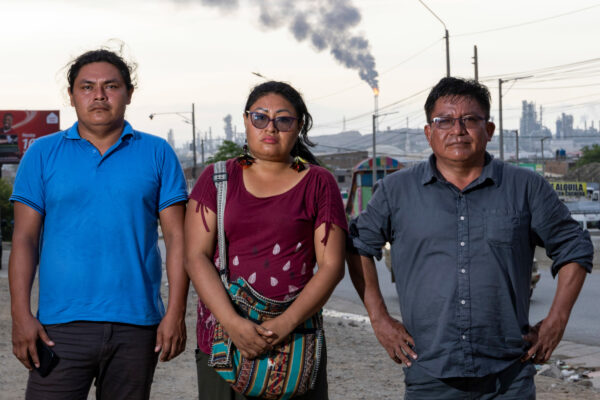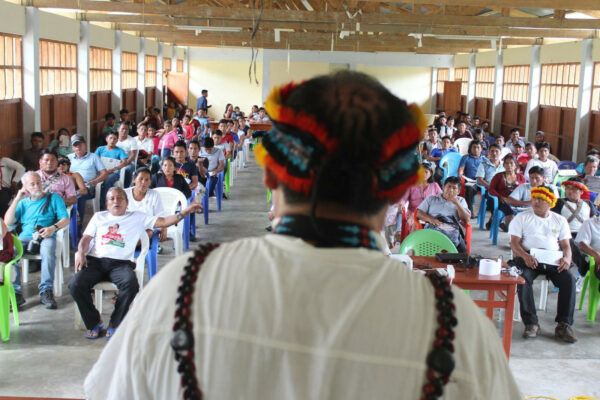Q: Officials in Peru and Brazil are pushing for a 2011 completion of the Trans-oceanic Highway, a 3,400 mile long road that will connect Brazil’s Atlantic coast to Peru’s Pacific ports. What economic and environmental effects will the highway have on Brazil, Peru and the greater region? Which industries stand to benefit most from the completion of the project?
A: “The Amazonian Trans-oceanic Highway poses major environmental and human rights risks, particularly to indigenous peoples that inhabit the proposed route and to the rainforest itself. Proponents and critics alike recognize that the road will drive deforestation in some of the last pristine areas of the Amazon and intensify the degradation and loss of traditional lands already suffered by indigenous peoples in the region. The more-complete Brazilian portion of the highway has experienced these consequences, and Marc Dourojeanni, ex-environmental advisor for the Inter-American Development Bank, anticipates that the impacts in Peru will be more severe. One of the Peruvian routes, connecting Cruzeiro do Sul with Pucallpa, will transect an area occupied by indigenous peoples living in voluntary isolation. They are highly vulnerable to epidemics, forced displacement and deadly conflicts with the newcomers that the highway will bring. Intended to improve market access for forest products, the road will also benefit extractive industries such as oil and gas, which already threaten these sensitive ecosystems and indigenous cultures. Additionally troubling are the contradictions between the highway and the series of hydroelectric dams to be built in the Peruvian Amazon under the Peru-Brazil Energy Agreement. The controversial Inambari dam would not only displace at least 15,000 people and inundate nearly 114,000 acres of rainforest, but would flood more than 60 miles of already-constructed Trans-oceanic Highway. For Peru and Brazil to achieve sustainable development, both countries need a more coherent, integrated approach that will avoid stark contradictions while protecting natural resources and respecting human rights.”













